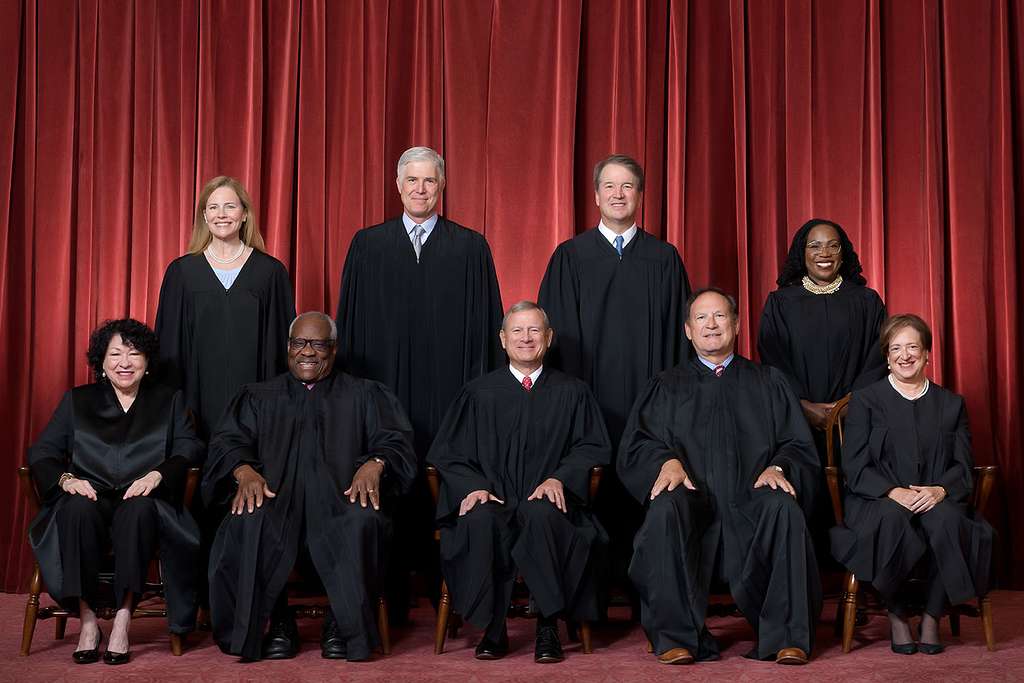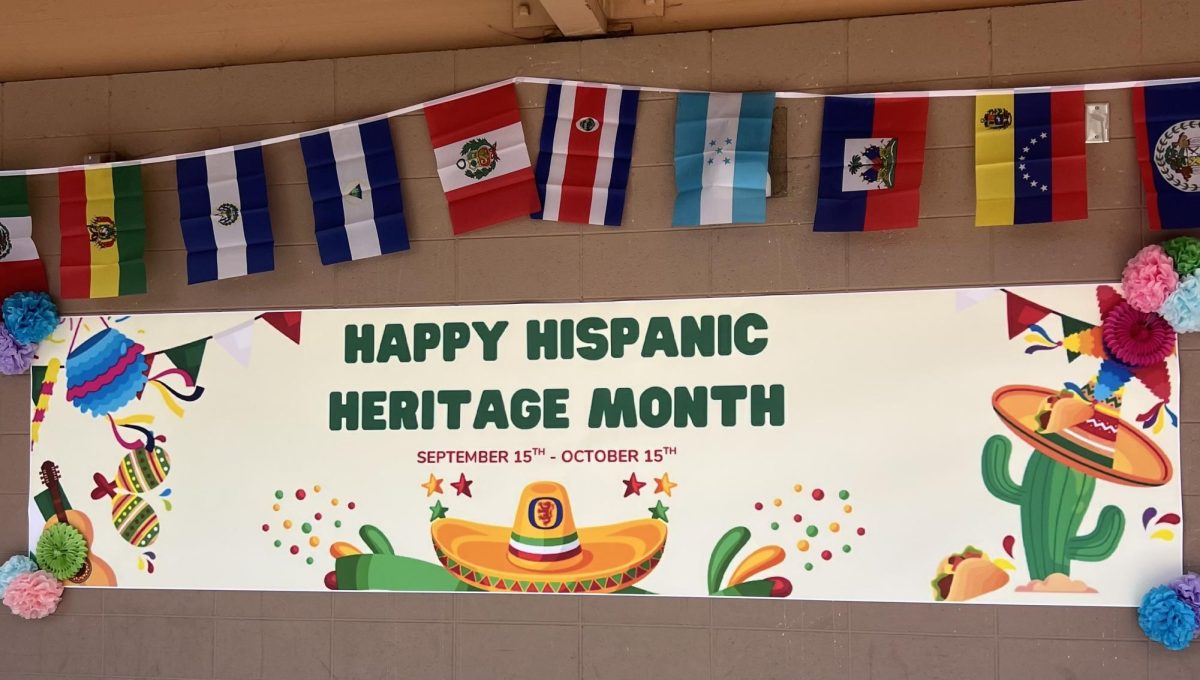The United States has recently felt ripples countrywide as documents have been leaked that the 49-year-old case of Roe v. Wade could be overturned by the US Supreme court. Roe v. Wade was a Supreme Court case from 1973. This case led to the decision that denying abortions in the United States is a violation of constitutional rights. The case cited the 14th Amendment which reads, “…nor shall any State deprive any person of life, liberty, or property, without due process of law…” In short, the state would not be allowed to deny any person their freedoms and would protect all from oppressive restrictions on their way of life. The overturning of Roe v. Wade which will allow abortion laws to be a decision of state governments and will be addressed on a state-by-state basis. States with more pro-life representatives will restrict abortions. This will also cause many hardships, particularly for women in these states.
So, why change and why now? After 49 years of upholding Roe v. Wade, the Supreme Court may deem the Constitution does not protect abortion rights. The documents claimed that the initial idea of using the 14th Amendment to cover women’s rights to abortion does not fully allow Roe v. Wade to stand. The reason why this change may happen now lies in those opposing abortions. In 2021, 16 states passed new laws restricting abortions, the highest rate in the past decade. Alongside these new restrictions, the increase in protests and public objections to abortions has caused the issue to become more and more controversial.
Those opposing abortions claim that abortion is essentially murder as the fetus is a living being. Of course, murder is wrong, but, is it murder if the fetus isn’t alive yet? What defines a living being? The simplest definition is when all of the organs of a creature are fulfilling their intended function completely. With fetuses, this doesn’t happen until the 28th week of pregnancy when the brain becomes fully developed. Only then can people argue that the unborn fetus deserves rights because at any point before this it is not considered living.
Extremist states like Texas have banned abortions past 6 weeks of pregnancy. It doesn’t have to be argued that at 6 weeks a fetus is just that, not a living human being. After 6 weeks, women may not even know that they are pregnant, and at that point, abortions would become illegal. In states like Texas, the decisions to ban abortion are purely anti-women, not anti-abortion. The “life” of a fetus—an unborn, undeveloped fetus — is being prioritized over the well-being and wishes of every person with a uterus. “Anti-abortion” restrictions have extreme consequences for every person in the United States that has a uterus. It is important to acknowledge that the group these laws affect spreads beyond women since not every person with a uterus identifies as a woman.
Additionally, banning abortions will not stop all abortions. Going back to the Texas example, 6 weeks is often not enough time to even know if someone is pregnant, so, unsafe abortions will become more common. Texas is an example of the worst abortion laws in the country and is brought up because that is the potential future structure for some states if Roe v. Wade is overturned. In Texas, the exception to abortions after 6 weeks only includes medical necessities, which means that the exception excludes rape and incest cases.
The pregnant individual should be in charge of what happens to the fetus because the fetus is a part of their body. The phrase “my body my choice” doesn’t appear out of thin air. It is on the woman to have to carry the fetus for nine months, experience pains of pregnancy, and after those nine months, the actual childbirth. The fetus is a part of the woman and it is her decision whether to keep it or not.
There is always a great emotional toll taken on women that chose to have abortions. At the end of the day, it is a choice that is made to get rid of a part of yourself, whether that fetus was a part of that person for a few weeks or multiple months, whether the pregnancy was wanted or unwanted, it is still a choice that can have many emotional implications. Studies have shown that women denied abortion have greater mental issues. A peer-reviewed study from UCSF showed that 95% of women who received abortions in the US “felt like it was the right decision” after a week. The APA Task Force created a report which explains that the risk of mental health problems is no greater for women that have a single elective first-trimester abortion compared to women who deliver that pregnancy.
By overturning Roe v. Wade, it wouldn’t be due to the lack of connection of it to the Constitution. It would be an act of sexism. The 14th Amendment talks about the United States not depriving any person of life, liberty, or property. With Roe v. Wade, women’s rights to privacy and property are protected. This year if the Supreme Court overturns Roe v. Wade they contradict a different part of the same amendment. The second sentence of the 14th Amendment reads, “No state shall make or enforce any law which shall abridge the privileges or immunities of citizens of the United States.” By overturning Roe v. Wade, the Court would allow states to create laws that would in fact abridge the immunities of women.
Another factor that people don’t recognize is that abortion laws do not stop abortions, they simply make them harder to obtain. In emergency cases, women would do anything in their ability to abort. When socioeconomic class doesn’t allow for transportation to another state for an abortion, women will resort to other options. These abortions within restrictive states will have to be unknown and therefore far more dangerous due to the lack of state inspections to guarantee the safety of the procedures, endangering women and their health.
The argument of whether abortion is ethical or unethical depends on the situation of the person. It can depend on factors like religion, socioeconomic class, education, and unfortunately political views. Sometimes the answer may depend on the situation of the person at that moment. Whether a woman chooses to abort or not can depend on so many external and internal elements. That however is what’s important, giving the choice to abort. Allowing women to choose what to do with their own bodies and deciding what to do with their futures, whether they end up aborting or not. The decision with Roe v. Wade was an attack on women and women’s rights, and the last time I checked the Constitution read “We the people” and unlike the Declaration of Independence, not just “all men are created equal.”




























